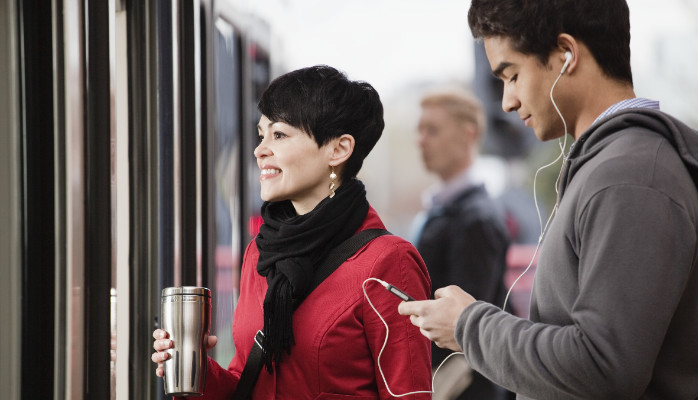
Mobility as a service on the horizon
To kick start the new year, I had the privilege to once again experience the Consumer Electronics Show 2017 (CES 2017) in Las Vegas, Nevada. The event showcases products and innovations from more than 3000 companies, including manufacturers, developers and suppliers of consumer technology hardware, content, technology delivery systems. One inspiring development at the show this year was around mobility as a service.
With interest, I watched on as auto and technology makers’ committed to realizing their ambition of driverless vehicle capability for city streets as early as 2020. My conversations revolved around how consumer preferences are becoming more connected with services on-demand - challenging long standing business models while creating opportunities for new services and providers. The ubiquity of mobile devices and the increased influence of millennial travellers has changed the face of travel. Guests look for hotels to better customize service offerings to, for example, their profession, demographic profile or personal tastes. Transportation now stands on a similar frontier.
Mobility as a service (MaaS) certainly has the potential to revolutionize transport and also has implications for many other sectors, including the manufacturing and public sectors. MaaS might be at a very nascent stage, but it is a model that most people already understand quite well.
Think about when you book a flight, you can add on a range of other services: hotels, car rental or sharing service, entertainment experiences, dinner reservations, and so on. Instead of utilizing this model twice a year for a big trip, imagine doing it multiple times a day for single journeys. But instead of paying à la carte for each add-on, all services are bundled into a single price and paid for in one click.
In Helsinki, MaaS has become a reality and the implications for public transport providers are clear. Since 2016, Helsinki residents have been able to use an app to plan and pay for all modes of public and private transportation within the city—be it by train, taxi, bus, carshare, or bikeshare. Anyone with the app can enter a destination, select his or her preferred mode of getting there. Users can either pre-pay a monthly mobility service subscription, or pay as they go using a payment account linked to the service.
The goal is to make it so convenient for users to get around that they opt to give up their personal vehicles for city commuting, not because they are forced to, but because the alternative is more appealing.
Looking into the future, MaaS offerings will likely incorporate autonomous vehicles. Various cities including Singapore and Detroit have begun testing driverless cars.
Tokyo also is planning for fleets of robot shuttles and self-driving buses for the 2020 Olympics. Yet, driverless technology still faces some challenges before use on a mass-scale, such as regulations around safety, liability, data use, and privacy.
Still, the Deloitte Global Automotive Consumer study estimates that by 2040, up to 80 percent of passenger miles travelled in urban areas could be in shared autonomous vehicles. Most major car manufacturers have embarked on their journey starting to develop driverless vehicles.
MaaS represents the next evolution in mobility. If it is not there already, it is coming to a city near you soon.
Read more insights from Deloitte on the Future of Mobility.
Digital Strategy | Tech Solutions | CFO Advisory (CPG, Retail, Life Science & Healthcare)
7yMaaS is important but we should not forget global market access. Digital Transformation continues to error and assume with studies access. CPG and Financial for example face hurdles in Developing markets, certain demographics, and connectivity that still represent large issues. While at Nielsen there were serious challenges to thought leadership based on the realities of operating in a ~200 country world and people that still prefer to write on paper versus a digital app (for example). Launching MaaS in Sudan as a first to shelf mover product is unlikely the first step.
Tax Partner at Deloitte, Member of the Board Deloitte Ireland
7yThe windscreen could be become the curved TV of the future
Principal at School District of Waukesha (Retired June 30, 2016))
7yWith driverless vehicles, I would hope there is less road rage as well.